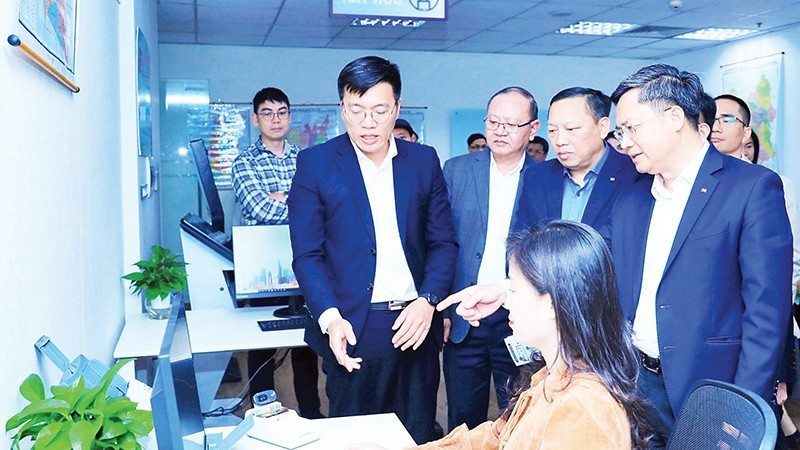
In articles and speeches at major conferences, General Secretary To Lam, Head of the Central Steering Committee for Science , Technology, Innovation and Digital Transformation (Central Steering Committee) repeatedly emphasized that breakthroughs in science, technology, innovation and digital transformation will be the key to taking the country further on the path to realizing development aspirations.
Implementing Resolution No. 57-NQ/TW and the direction of the General Secretary, unifying awareness and action, the entire political system has identified science and technology development, innovation and digital transformation as strategic tasks of the entire Party and people.
Central agencies have set an example in action. Party committees, authorities, units and localities have made specific plans, closely following the resolution's objectives with clear tasks, specific assignments, completion time and measurable results.
The Central Steering Committee for Science, Technology, Innovation and Digital Transformation has directed strongly, issued and simultaneously implemented two major plans: Plan No. 01-KH/BCĐTW, dated June 2, 2025, strategic action plan to implement Resolution No. 57-NQ/TW and Plan No. 02-KH/BCĐTW dated June 19, 2025, on promoting interconnected, synchronous, fast and effective digital transformation to meet the requirements of restructuring the political system's apparatus.

Recently, at the conference reviewing the work of the first six months of 2025, the Central Steering Committee assessed that there have been strong changes in awareness and action throughout the political system. With the spirit that Central Party agencies must take the lead in implementing digital transformation, the Party Committees of Central Party agencies decided to establish a Steering Committee for Digital Transformation; assign members of the Steering Committee; and deploy an information system for operational management in the Party Committee's agencies.
The subordinate Party Committees have issued plans to implement the resolution, responding to the digital literacy movement; at the same time, implementing the 2025 inspection plan to comprehensively evaluate all aspects of work, especially the implementation of digital transformation tasks; regulations and instructions on information technology application.
In parallel with organizing the study and dissemination of Resolution No. 57-NQ/TW through online connection with the Central Party's bridge, the Party Committees of the Central Party agencies organized training courses for cadres doing organizational work in the Party Committee to deploy software to monitor the congress progress via the VNeID application.
At the Party Committee and affiliated party organizations, training courses were organized on using the software for the operational management information system and official email; implementing document processing on the system and integrating digital signatures for leaders of departments and units.
The Party Committee has deployed security settings to send and receive confidential documents on the operational information system; completed the construction of a process to restructure the business of processing incoming and outgoing documents in the digital environment. The document system is being gradually digitized and stored to help with searching and looking up, moving towards building a shared database.
The subordinate Party Committees have seriously directed Party Committees, Party organizations, cadres and Party members to study, learn and thoroughly grasp Resolution No. 57-NQ/TW in various forms; deploy an electronic document management system integrating a database platform of cadres, work, and work schedules connected with Party agencies; coordinate with the Central Organizing Committee to build a portal integrating cadre data to serve the direction, operation and management of work.
According to the Party Committees of Central Party agencies, the affiliated Party Committees have organized training for 100% of specialized cadres on digital system management, exploitation and security of internal data; connecting organizational data between the Central and strategic advisory agencies to serve quick and accurate decision making.
Completing and operating the "Central-managed Cadre Database" platform ensures synchronization, accuracy and real-time updates; at the same time, building a data analysis portal to serve the work of planning, evaluating, and rotating cadres, applying artificial intelligence in analyzing trends and suggesting scenarios for human resource organization.
At agencies, units, and staff departments of the Party, digital applications have been put into effective operation, such as the digital platform "Electronic Propaganda", connecting propaganda data, reporters, and directive documents from the Central to the grassroots level; effectively operating the social opinion data center, synthesizing, analyzing, and visualizing information in real time from social network sources, newspapers, and grassroots levels; deploying the database "Management of internal affairs and anti-corruption cases" to help monitor the progress of handling and propose unified instructions; applying the software "Key case digital map" to visualize hot spots in the internal affairs sector nationwide; connecting processing data with the Procuracy and the Supreme People's Court to unify information for management.
The inspection and supervision sector has deployed the "Digital Inspection" system to allow online monitoring of the progress of inspection conclusions, warning of late or non-implementation; developed the "Electronic Inspection Records" software, storing the entire process, documents and reports of inspection cases, allowing quick retrieval; piloted the "Automatic Monitoring" model for a number of administrative agencies with low public investment disbursement rates, thereby detecting causes and recommending early handling.
The application of digital transformation in the Party Committees of Central Party agencies has helped cadres and civil servants handle work anytime, anywhere, saving time and costs.
However, there are still difficulties such as incomplete technical infrastructure; lack of specialized staff in information technology and network safety and security... which need to continue to be paid attention to and directed by Party committees at all levels to be promptly resolved to ensure the system operates safely and smoothly.
Source: https://nhandan.vn/neu-guong-trong-ung-dung-khoa-hoc-cong-nghe-chuyen-doi-so-post901561.html






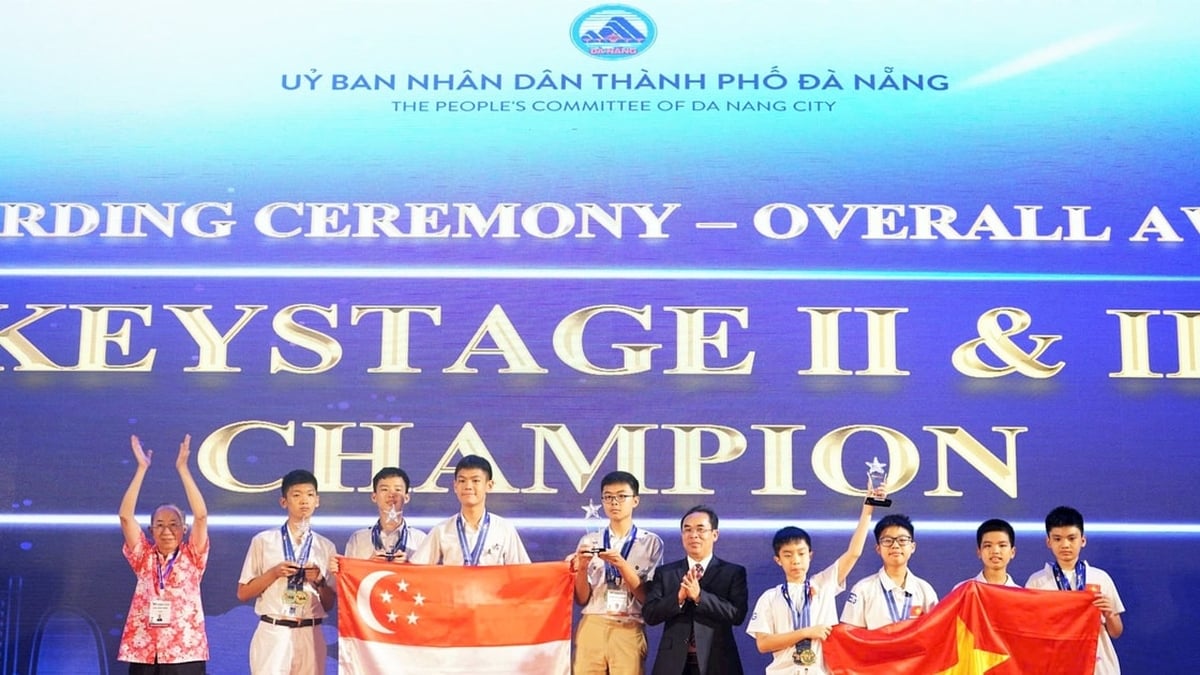

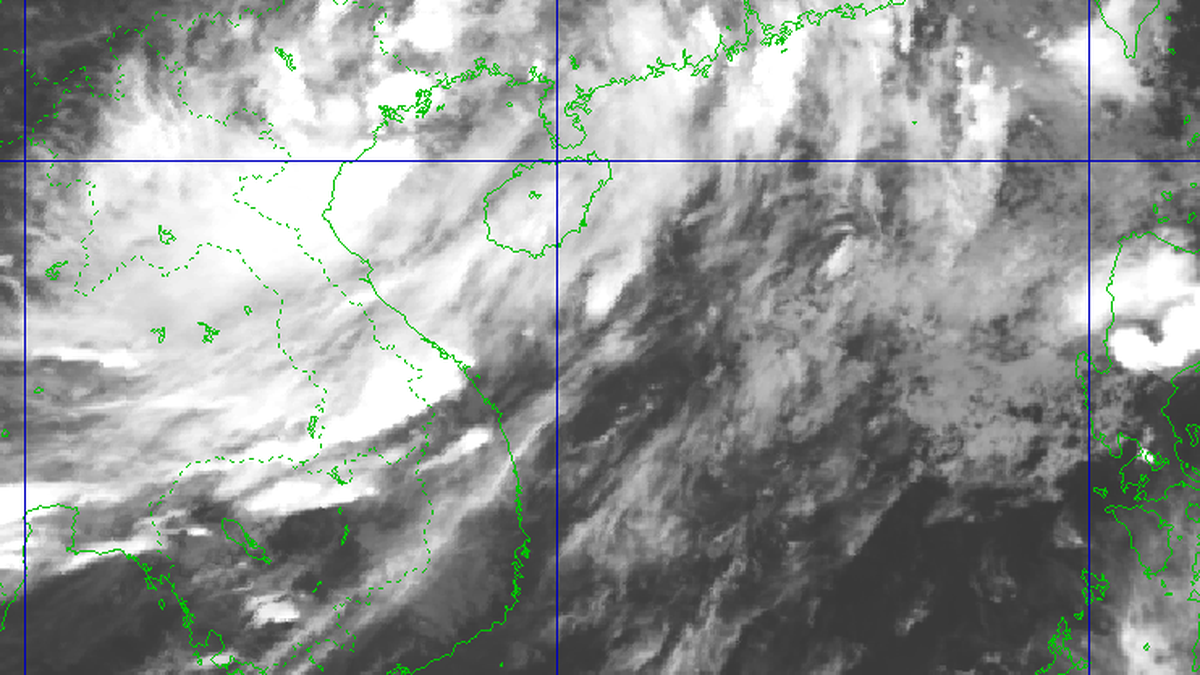
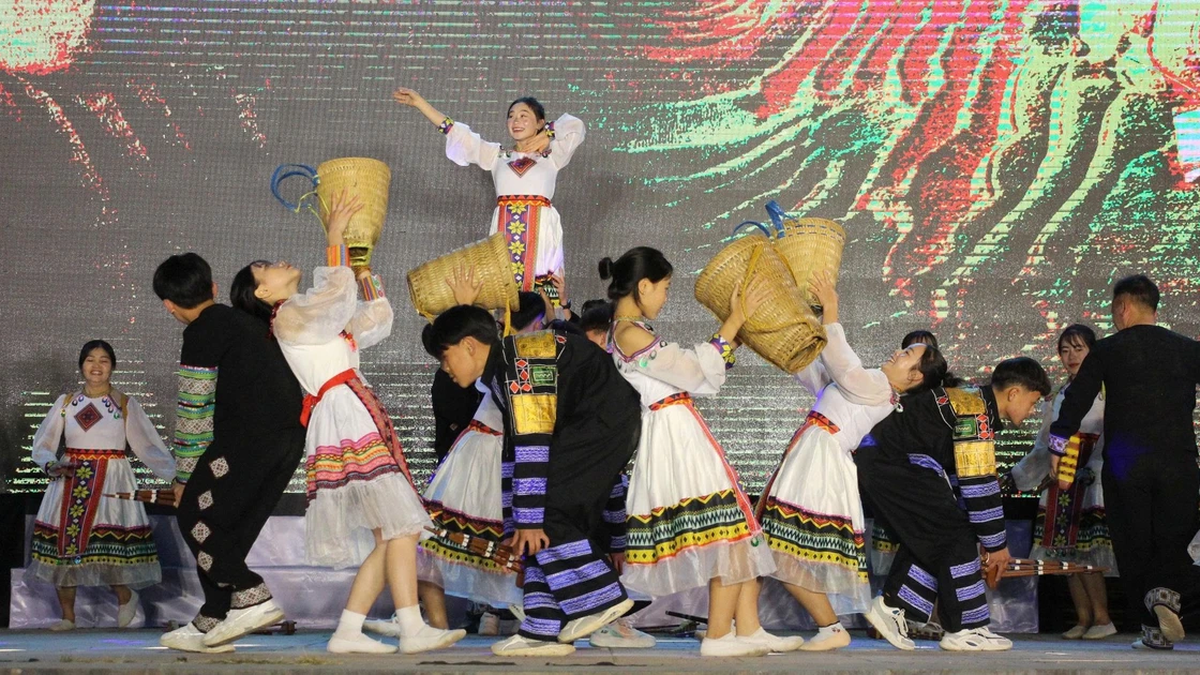

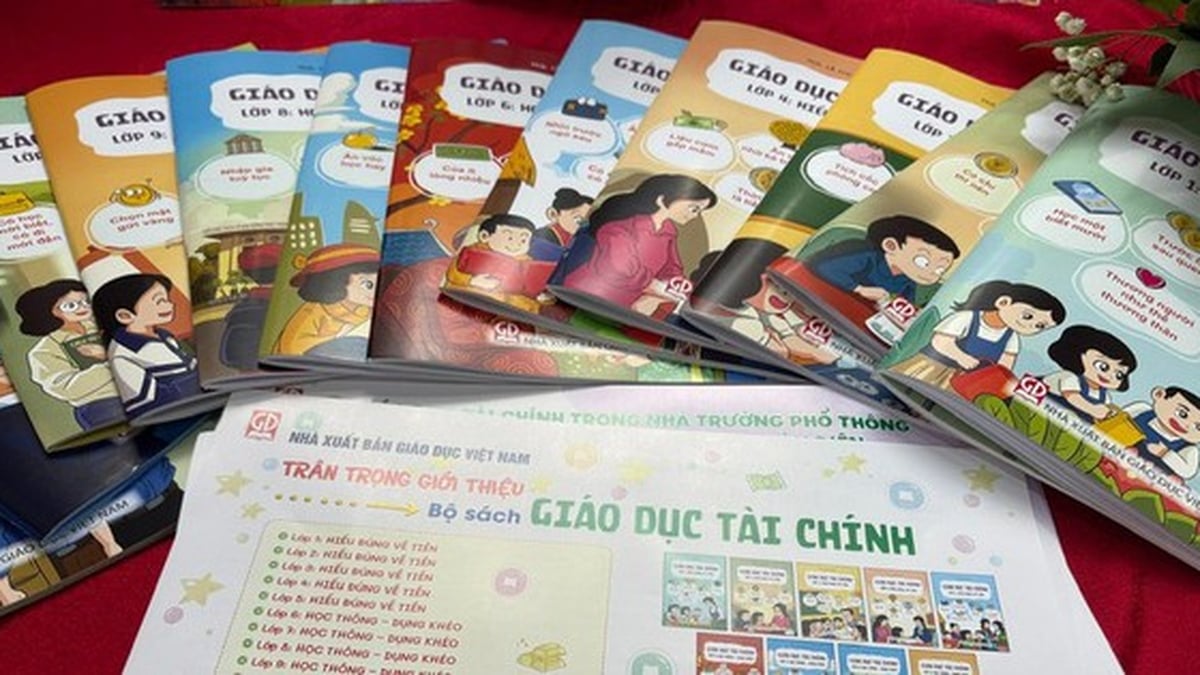











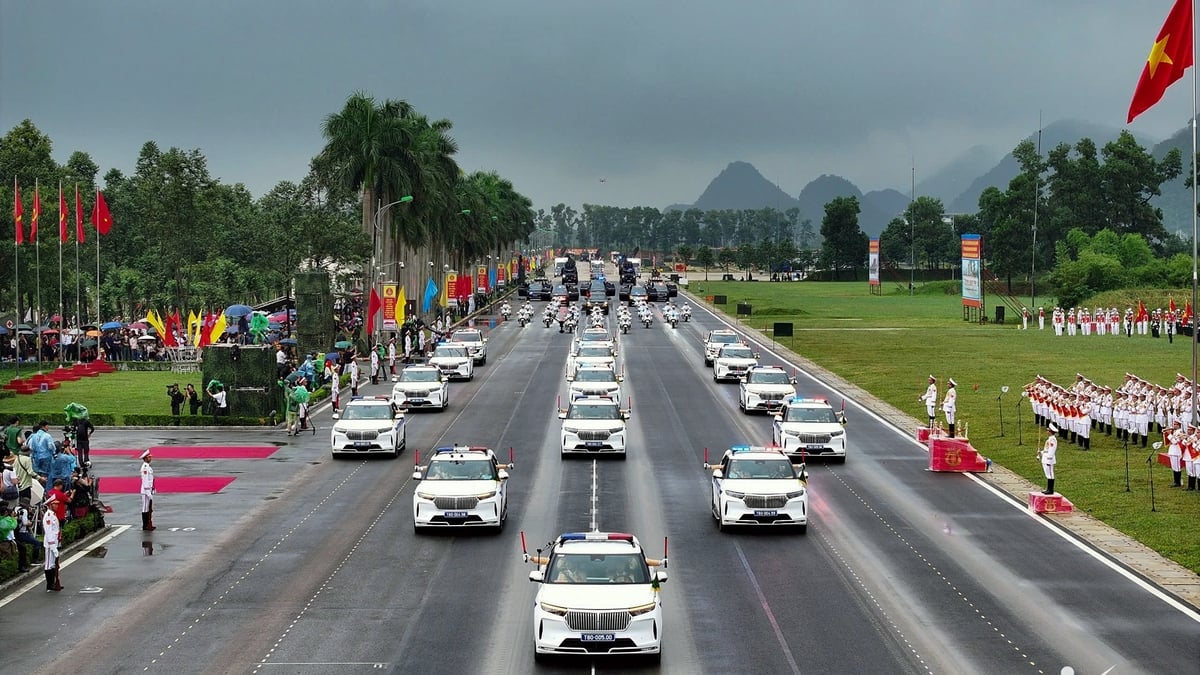


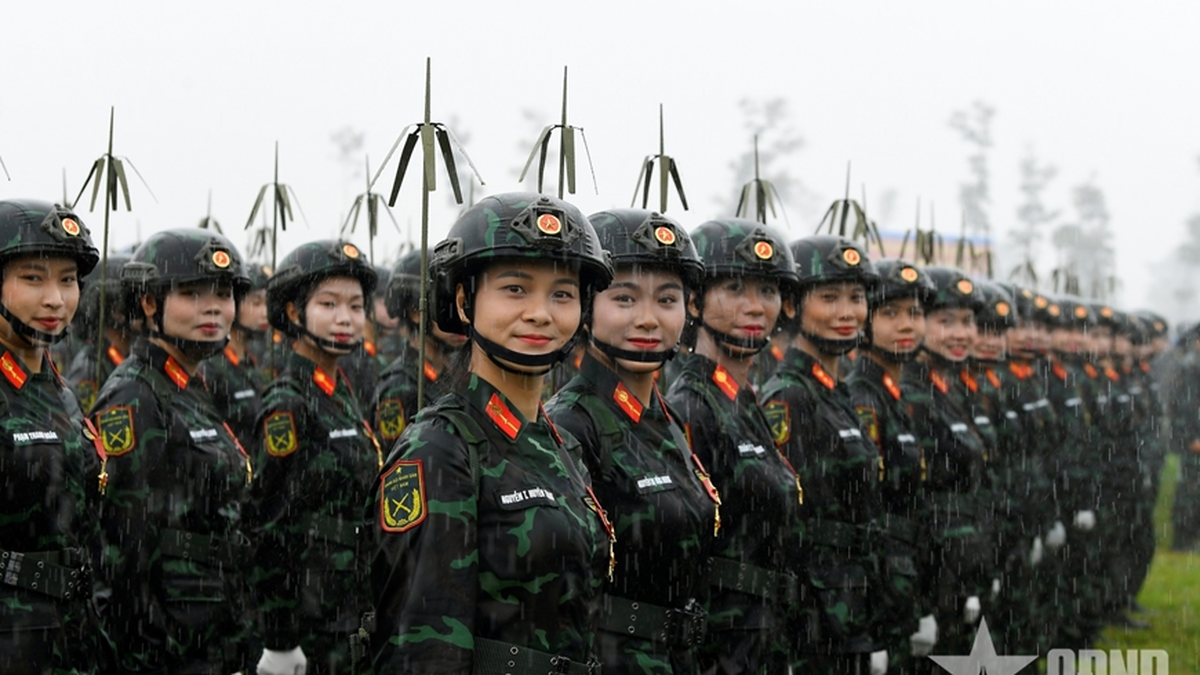
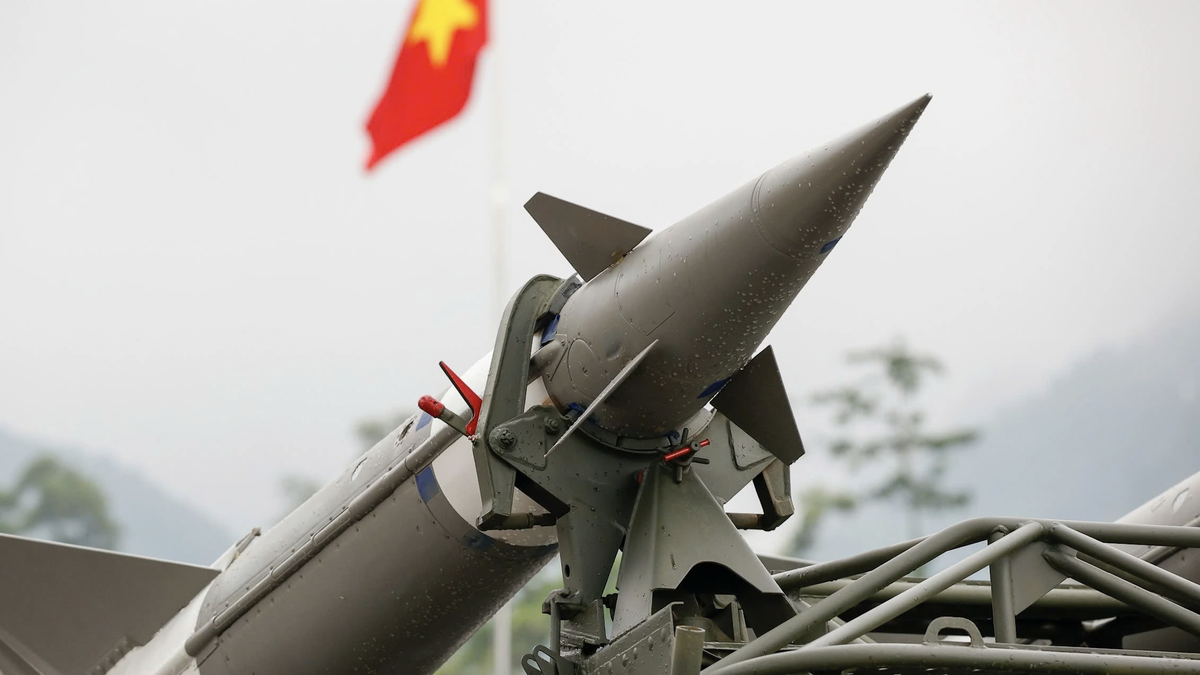
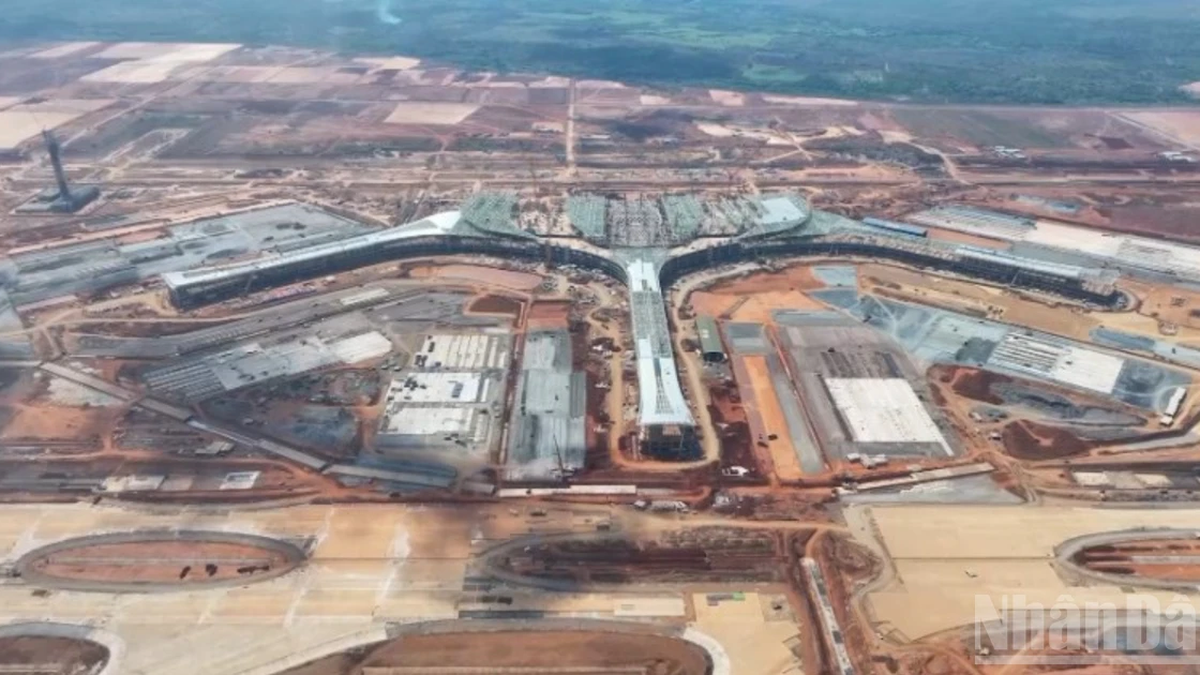
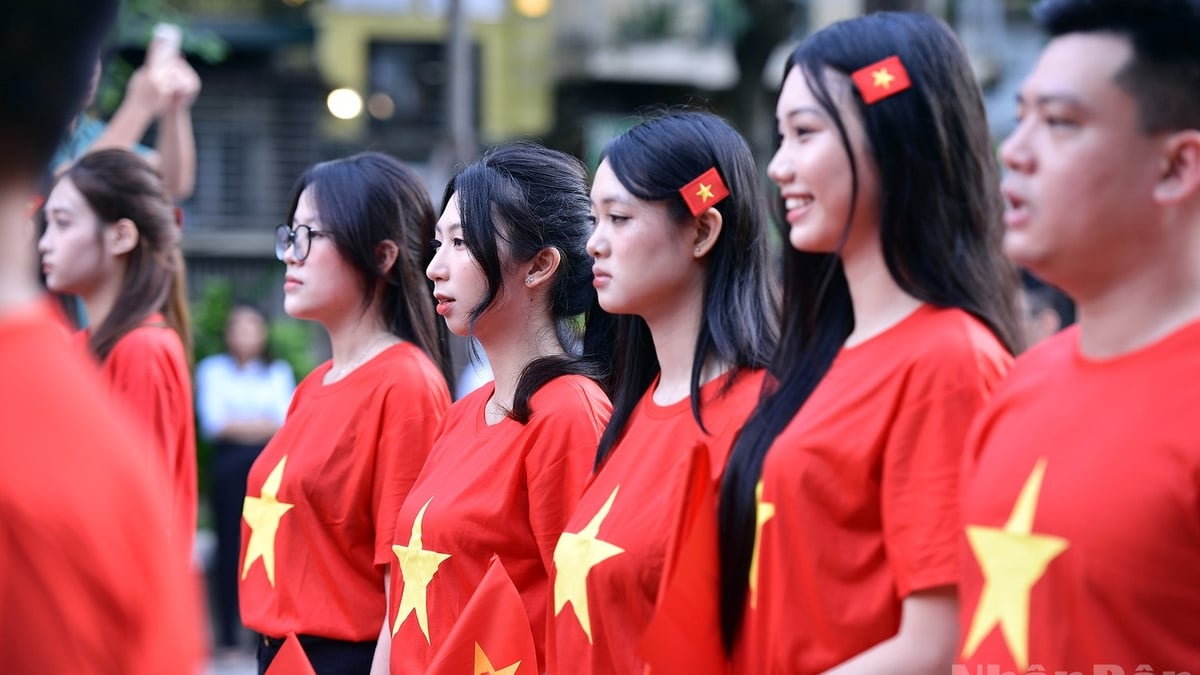
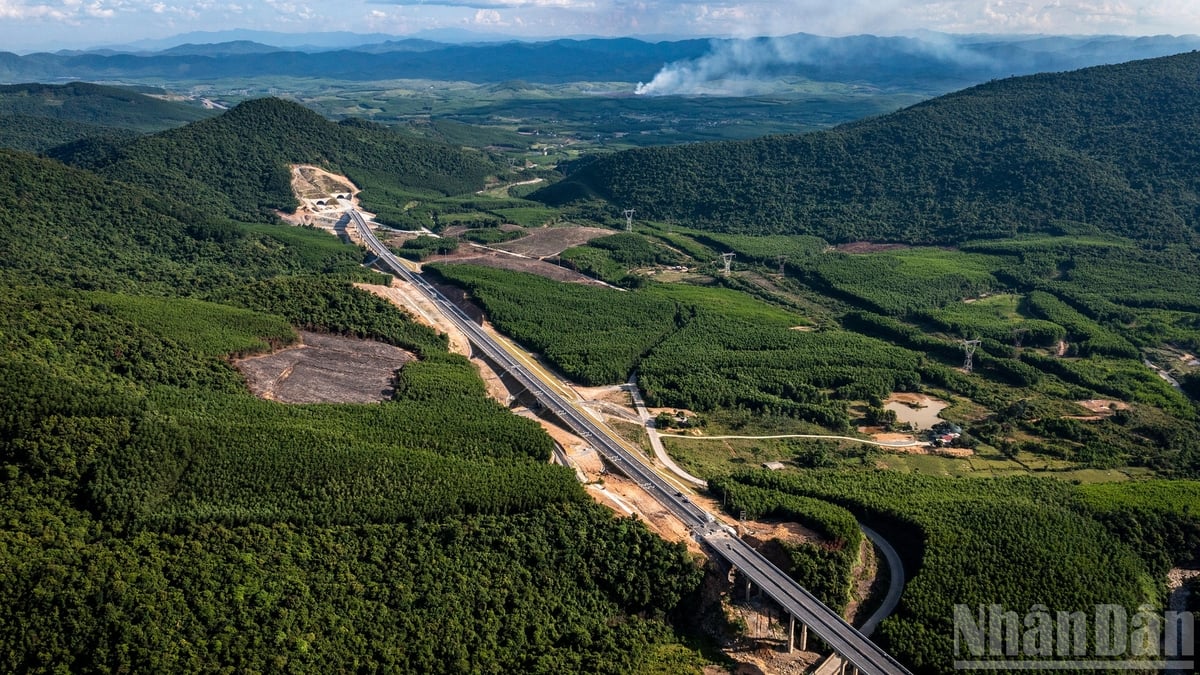








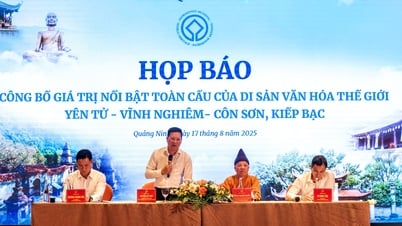

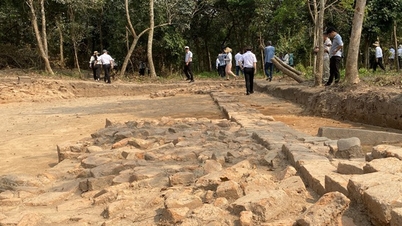



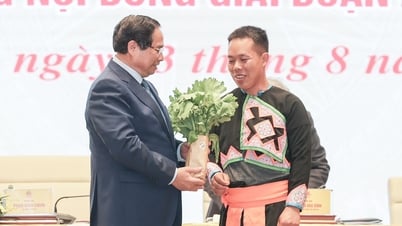





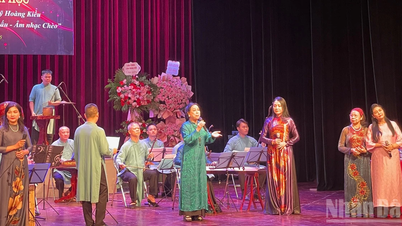



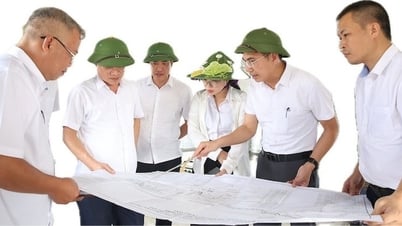
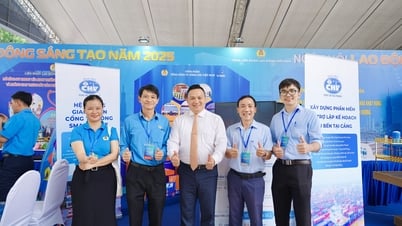
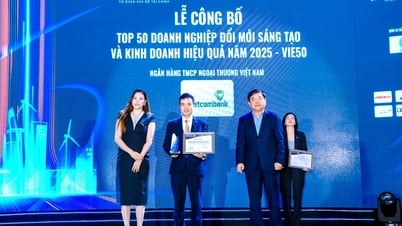
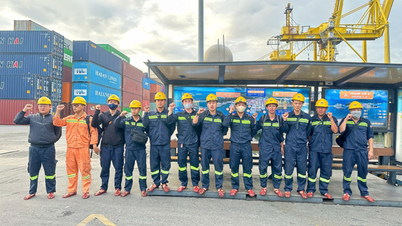
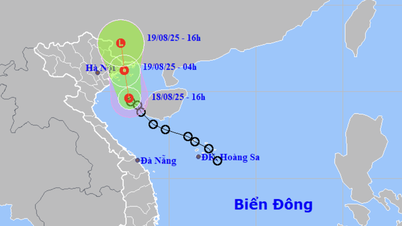

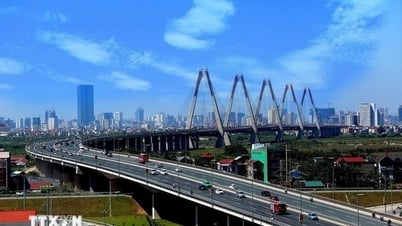

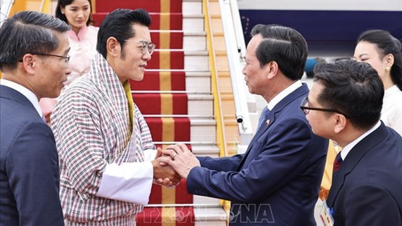


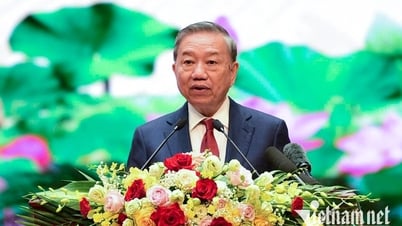





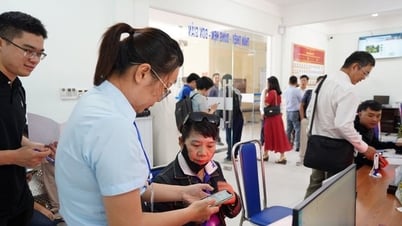

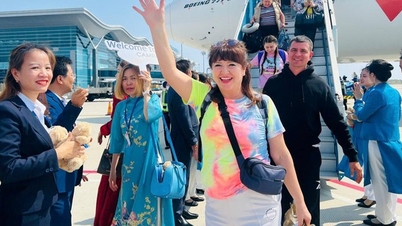

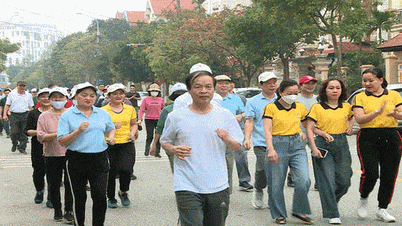












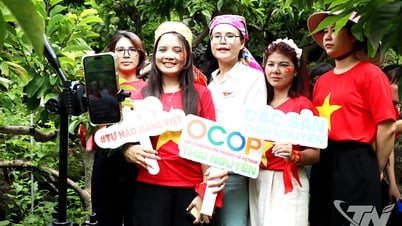









Comment (0)